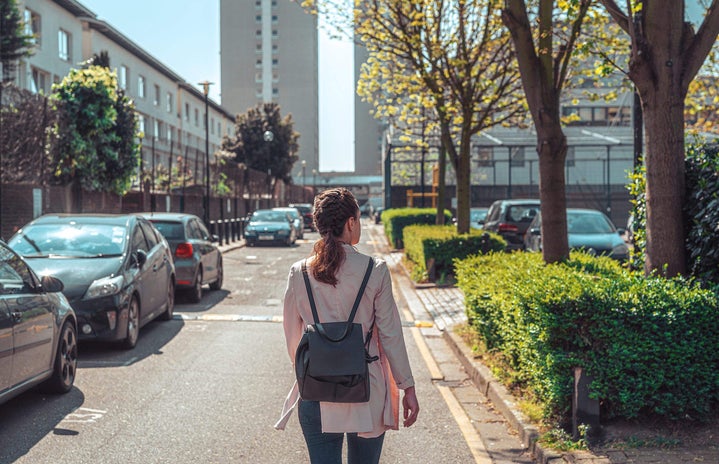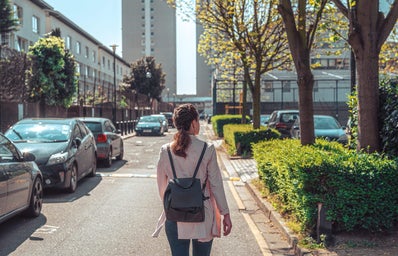As an immigrant, there is a special type of hurt that crawls up your throat when you think of the word “home.” It’s one that can and will probably bring many back to that day they left for good.
That day in 2007 for me had started early. The day before we packed a couple of changes of clothes into backpacks. Documents were spread out on tables and beds. In this flurry of movement, there were more and more people coming to talk to us. At first, it was just family members that lived around us at the ranch. They walked in, sat in our living room, and often let the silence hang in the air in a way they hadn’t before. Then they would ask my mom how she was feeling. She always answered the same every time, “Estoy Bien.”
Then friends and family who were not usually at the ranch came in. Similar to our close family, they came and let reflection flood them. Silence adorned our living room more than usual. Many came in and were cracking jokes, but the laughs were shorter and quieter.
As the day shifted to night, the people in our home dwindled, and soon enough, it was only our close family again. My grandma called us in for dinner at her house: “Vengan a cenar hijas.”
That day the clinks of forks and spoons were louder than the usual chatter and laughter at our family dinners.
The next morning my mother’s curly hair was down in a low ponytail. Her usual clothes were now switched to jeans, a nice blouse, a jean jacket, black tennis shoes, and a light brown purse embroidered with a horse and flower. I was wearing a white shirt, and my hair was parted into two braided pigtails. My sister had a red dress on, and her short hair was matching mine.
My tio Ramiro came into our house. A rare sight. He is always at work and is never seen out and about on the ranch. His face expressed his demeanor. His mouth was neither smiling nor frowning.
“Ready?” he asked.
Slowly our backpacks and bags of documents were put in the back of his truck.
Soon enough, we were in the truck and as the engine started, the mesquite trees blurred through the window as we made our way — away from our little rancho and our family.
Leaving the rancho hurt almost as much as leaving my family. Disappointment poured over me seeing lush dark mesquite trees replaced with buildings and palm trees. Psychologist Elena Pourtova attributes this to the fact that for immigrants, “the land that has been left behind is often understood as a symbol of the mother.” This is based on Joel Paris’ work which points out this connection between nations as extensions of the family. Paris notes that even in speaking of countries people will use language like “motherland” or “fatherland.”
In that sense, countries offer us a sense of safety as a mother does. Its familiar landscape, climate, and people allow us to explore and seek new experiences, all while feeling confident. A new environment can, in contrast, implant a sense of anxiety. Having no secure base to come back to makes us lose the support and familiarity with which we exist.
And still, we as immigrants exist.
Not only that, we exist, deal with this ingrained hurt, and then thrive.


